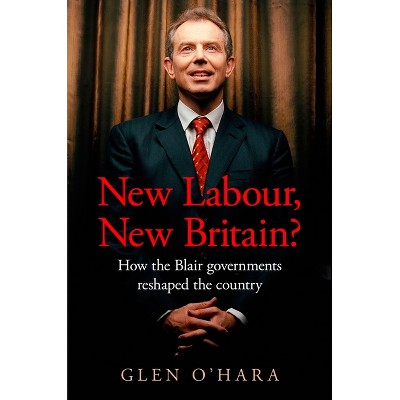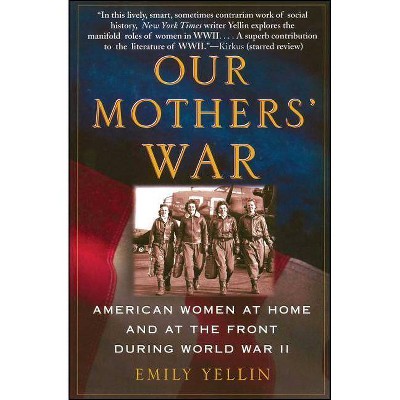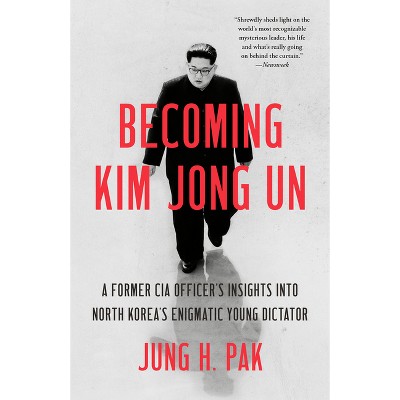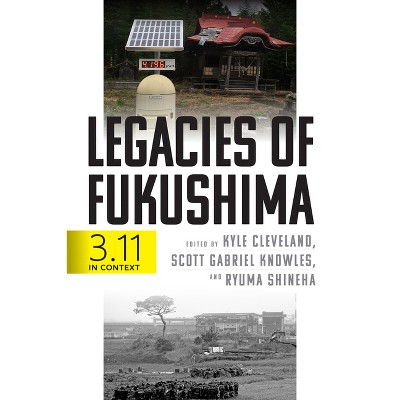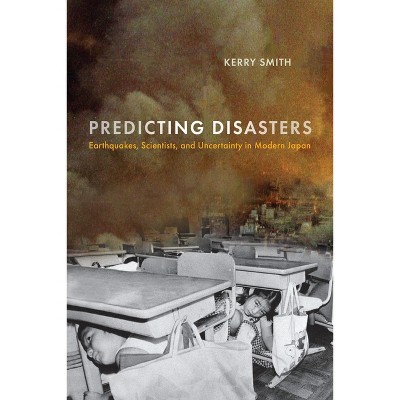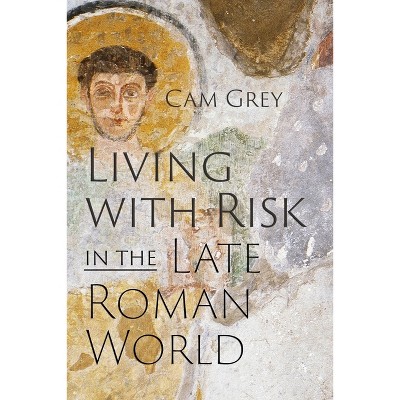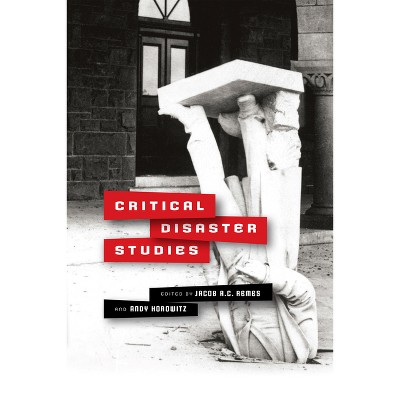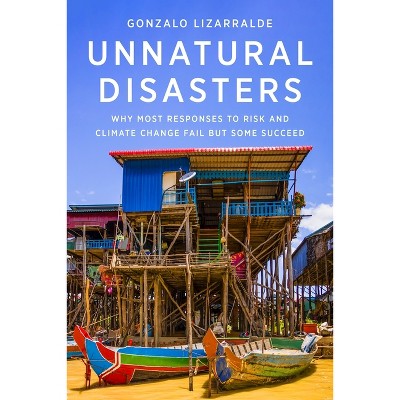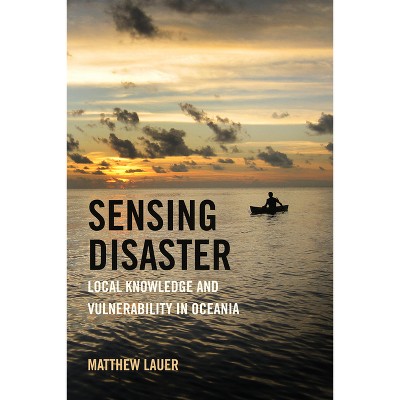Sponsored

Debating Disaster Risk - by Gonzalo Lizarralde & Lisa M Bornstein & Tapan Dhar
In Stock
Sponsored
About this item
Highlights
- Dealing with the risks of climate change and disaster is a political process.
- About the Author: Gonzalo Lizarralde is a professor in the School of Architecture at Université de Montréal, where he holds the Fayolle-Magil Construction Chair in Architecture, Built Environment, and Sustainability.
- 376 Pages
- Social Science, Disasters & Disaster Relief
Description
About the Book
Debating Disaster Risk brings together leading global experts to explore the controversies that emerge--and the tough decisions that must be made--when cities, people, and the environment are at risk.Book Synopsis
Dealing with the risks of climate change and disaster is a political process. It produces winners and losers, mobility and permanence, radical change and continuity, relief and suffering. For some, it ultimately leads to life or death. Yet consultants, academics, humanitarian agents, and politicians often simply propose well-intentioned ideas--resilience, sustainability, community participation, emergency shelter, green development--while failing to perceive the blind spots and unintended consequences of such approaches.
Debating Disaster Risk brings together leading global experts to explore the controversies that emerge--and the tough decisions that must be made--when cities, people, and the environment are at risk. Scholars and practitioners discuss the challenges of reducing vulnerability and rebuilding after destruction in an accessible and lively debate format, with commentary by researchers, students, and development workers from across the world. They emphasize the ethical consequences of decisions about how cities and communities should prepare for and react to disasters, considering issues such as housing, environmental protection, urban development, and infrastructure recovery. A valuable resource for scholars, students, and practitioners in a variety of fields, this book provides an in-depth analysis of the difficult choices we face in dealing with disasters. As climate change accelerates, Debating Disaster Risk invites readers to grapple with the most pressing controversies.Review Quotes
Never have ethics been more important to human life than they are now and in no area is that more important than it is in disaster risk reduction. I thank the authors of this book for asking some difficult questions and for providing invigorating answers to them.--David Alexander, professor of emergency planning and management, University College London
The authors of Debating Disaster Risk bring their expertise in a multitude of fields to examine the often unintended consequences and aftereffects of decisions made in grappling with climate change, disasters, and risk more broadly. Debating Disaster Risk delves beyond success or failure and into the fraught conflict of it all, a critical space to maintain in such discussions, but one all too often set aside for comfort.--Jennifer Trivedi, author of Mississippi after Katrina: Disaster Recovery and Reconstruction on the Gulf Coast
About the Author
Gonzalo Lizarralde is a professor in the School of Architecture at Université de Montréal, where he holds the Fayolle-Magil Construction Chair in Architecture, Built Environment, and Sustainability.
Lisa Bornstein is an associate professor and the director of the School of Urban Planning at McGill University. Tapan Dhar is an assistant professor in the School of the Environment at Trent University.Shipping details
Return details
Frequently bought together

Trending Non-Fiction





